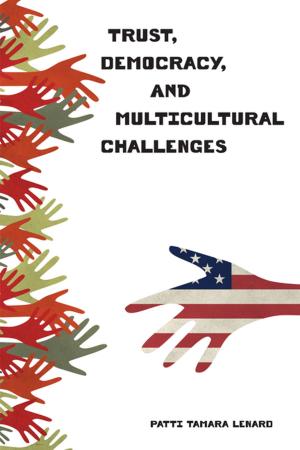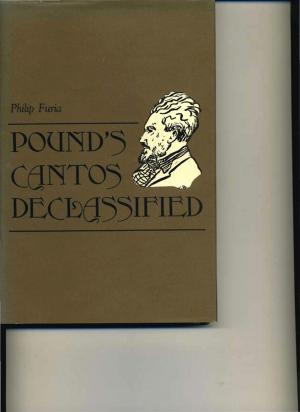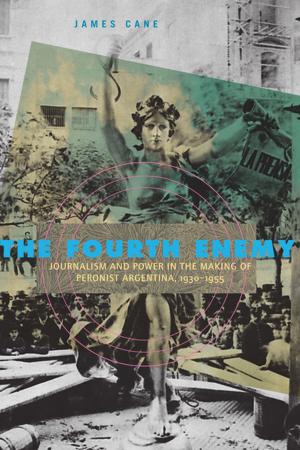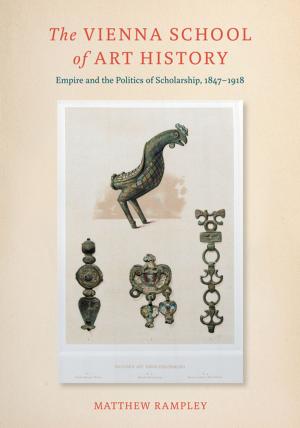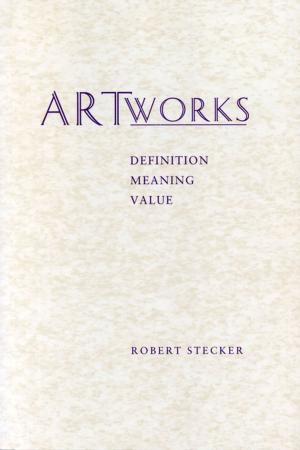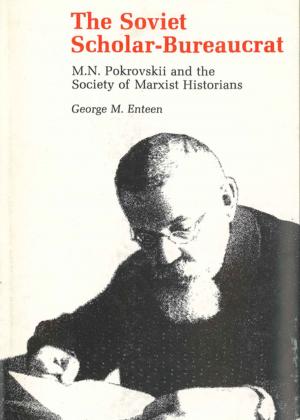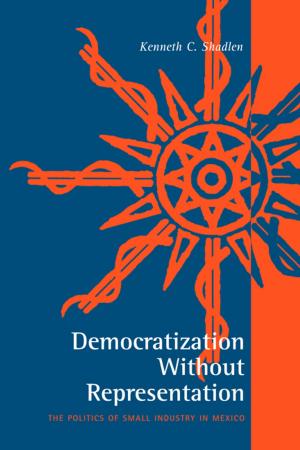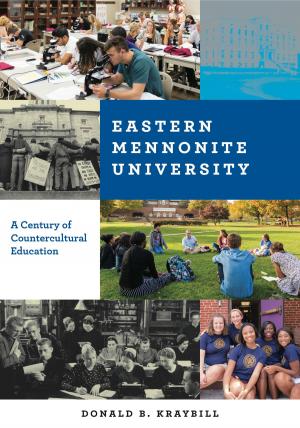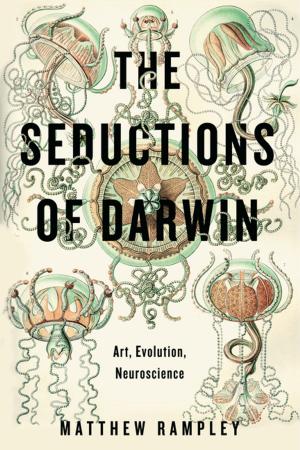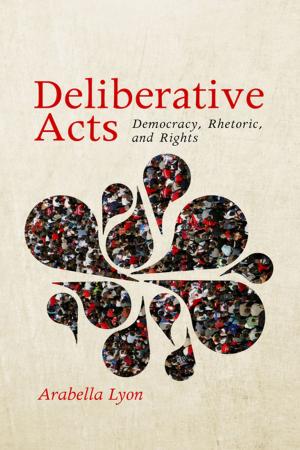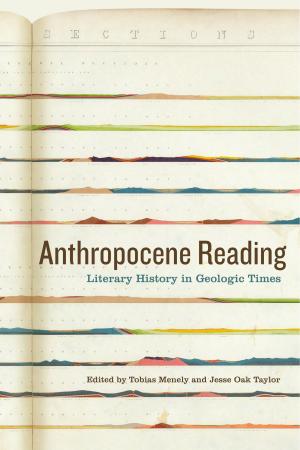Textuality and Knowledge
Essays
Nonfiction, Reference & Language, Language Arts, Writing & Publishing, Publishing, Fiction & Literature, Literary Theory & Criticism, Books & Reading, Business & Finance, Industries & Professions, Industries| Author: | Peter Shillingsburg | ISBN: | 9780271079936 |
| Publisher: | Penn State University Press | Publication: | June 30, 2017 |
| Imprint: | Penn State University Press | Language: | English |
| Author: | Peter Shillingsburg |
| ISBN: | 9780271079936 |
| Publisher: | Penn State University Press |
| Publication: | June 30, 2017 |
| Imprint: | Penn State University Press |
| Language: | English |
In literary investigation all evidence is textual, dependent on preservation in material copies. Copies, however, are vulnerable to inadvertent and purposeful change. In this volume, Peter Shillingsburg explores the implications of this central concept of textual scholarship.
Through thirteen essays, Shillingsburg argues that literary study depends on documents, the preservation of works, and textual replication, and he traces how this proposition affects understanding. He explains the consequences of textual knowledge (and ignorance) in teaching, reading, and research—and in the generous impulses behind the digitization of cultural documents. He also examines the ways in which facile assumptions about a text can lead one astray, discusses how differing international and cultural understandings of the importance of documents and their preservation shape both knowledge about and replication of works, and assesses the dissemination of information in the context of ethics and social justice. In bringing these wide-ranging pieces together, Shillingsburg reveals how and why meaning changes with each successive rendering of a work, the value in viewing each subsequent copy of a text as an original entity, and the relationship between textuality and knowledge.
Featuring case studies throughout, this erudite collection distills decades of Shillingsburg’s thought on literary history and criticism and appraises the place of textual studies and scholarly editing today.
In literary investigation all evidence is textual, dependent on preservation in material copies. Copies, however, are vulnerable to inadvertent and purposeful change. In this volume, Peter Shillingsburg explores the implications of this central concept of textual scholarship.
Through thirteen essays, Shillingsburg argues that literary study depends on documents, the preservation of works, and textual replication, and he traces how this proposition affects understanding. He explains the consequences of textual knowledge (and ignorance) in teaching, reading, and research—and in the generous impulses behind the digitization of cultural documents. He also examines the ways in which facile assumptions about a text can lead one astray, discusses how differing international and cultural understandings of the importance of documents and their preservation shape both knowledge about and replication of works, and assesses the dissemination of information in the context of ethics and social justice. In bringing these wide-ranging pieces together, Shillingsburg reveals how and why meaning changes with each successive rendering of a work, the value in viewing each subsequent copy of a text as an original entity, and the relationship between textuality and knowledge.
Featuring case studies throughout, this erudite collection distills decades of Shillingsburg’s thought on literary history and criticism and appraises the place of textual studies and scholarly editing today.

